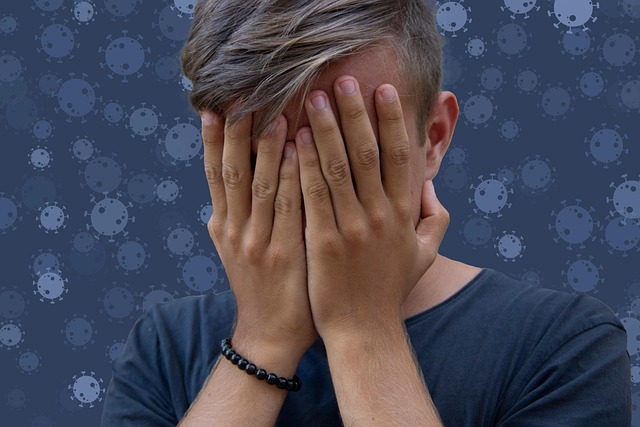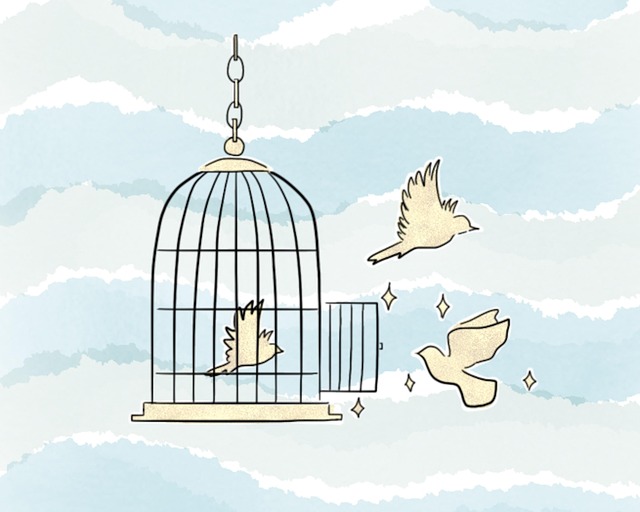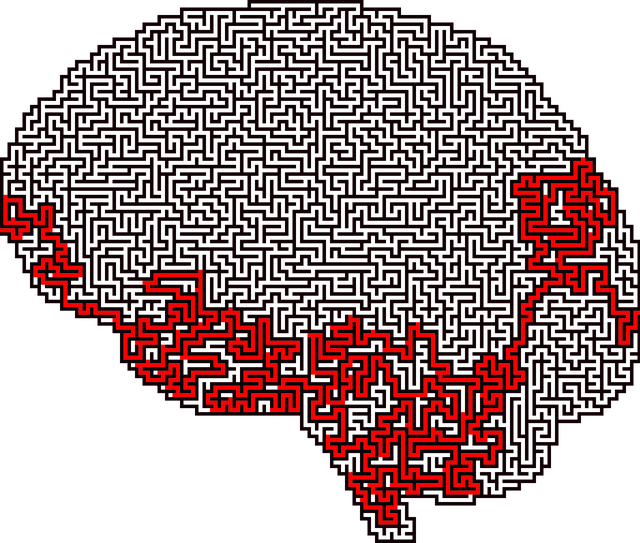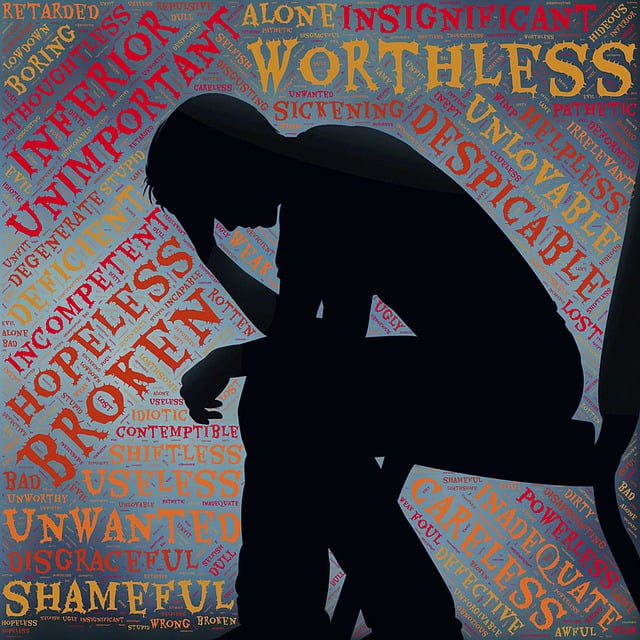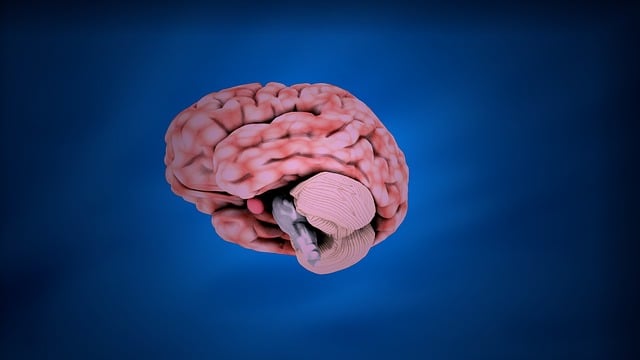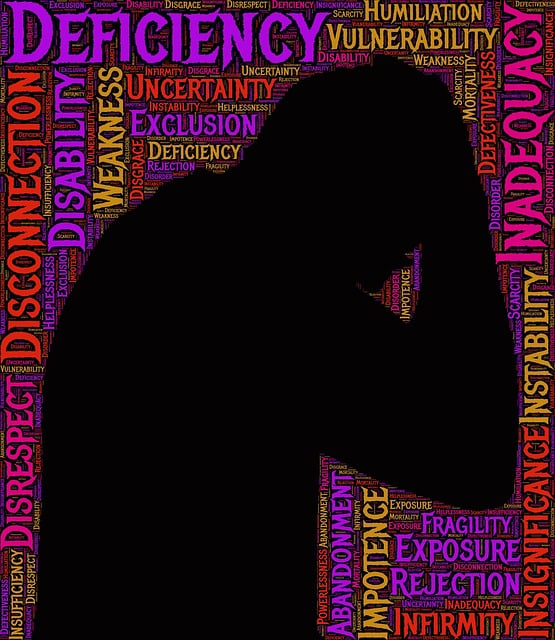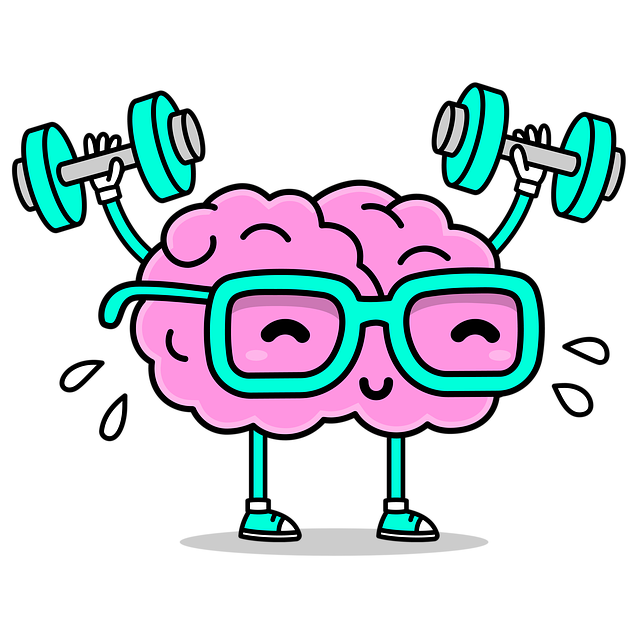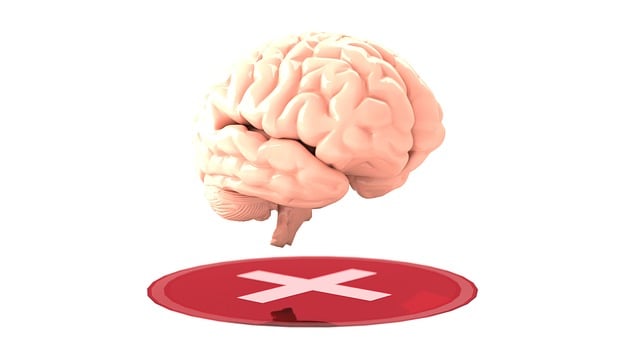Mental health crisis hotlines offer 24/7 confidential support for individuals in distress, including therapy for adolescent teens and couples counseling. Trained professionals provide guidance, risk assessments, and connections to ongoing therapy. Services like cognitive behavioral therapy (CBT) help clients manage negative thoughts and develop healthier coping strategies, promoting mental wellness and resilience. Accessing these resources through hotlines, online platforms, or specialized counselors is a vital step towards addressing emotional challenges in teens and couples, fostering inner strength, and improving relationships.
In today’s fast-paced world, mental health crisis hotline support services are a vital resource for adolescents, couples, and anyone facing emotional turmoil. These hotlines offer immediate assistance, connecting individuals with trained professionals who can provide guidance and crisis intervention. This article explores the significance of these hotlines, delving into their role in counseling services and how they facilitate access to therapy for adolescent teens and couples in need. By understanding these resources, we can better navigate mental health crises and foster healthier communities.
- Understanding Mental Health Crisis Hotlines: A Lifeline for Teens and Couples
- The Role of Counseling Services in Crisis Support
- Accessing Therapy: Resources and Best Practices for Effective Intervention
Understanding Mental Health Crisis Hotlines: A Lifeline for Teens and Couples

Mental health crisis hotlines are a vital resource for individuals experiencing severe emotional distress or those at risk of self-harm. These 24/7 services provide immediate support, offering confidential conversations with trained professionals who can offer guidance and assistance. For teenagers and couples seeking therapy, these hotlines serve as a lifeline, ensuring that help is readily available when it’s needed most.
When faced with a mental health crisis, whether it’s a teen struggling with anxiety or a couple navigating marital issues, proper support can be life-changing. Hotline counselors are equipped to provide mood management strategies, conduct risk assessments for mental health professionals, and offer resources for ongoing therapy. This immediate intervention can prevent situations from escalating and promote positive mental wellness outcomes.
The Role of Counseling Services in Crisis Support

Counseling services play a pivotal role in crisis support, offering immediate assistance and long-term strategies to individuals grappling with mental health crises. For adolescent teens, couples, or anyone experiencing a sudden onslaught of distress, professional therapists provide a safe space to express their feelings, fears, and struggles without judgment. Through active listening and evidence-based practices like cognitive behavioral therapy (CBT), counselors help clients identify negative thought patterns and develop healthier coping mechanisms.
These services extend beyond crisis intervention; they aim to foster mental wellness by promoting positive thinking and empowering individuals to take charge of their emotional well-being. Additionally, mental health professionals are trained in risk assessment, crucial for identifying potential dangers and implementing safety plans, especially when dealing with at-risk populations. The integration of these skills ensures comprehensive support tailored to diverse needs, ultimately contributing to a more resilient and recovering individual.
Accessing Therapy: Resources and Best Practices for Effective Intervention

Accessing therapy is a critical step towards addressing and managing mental health crises. For adolescent teens, couples, or individuals seeking support, understanding the available resources is essential. Therapy for adolescents often involves specialized counselors who can provide a safe space to explore emotional challenges unique to this age group. These sessions can help teens develop inner strength by teaching coping mechanisms and providing a platform to express their feelings freely. Similarly, couples counseling is beneficial for partnerships facing communication issues or relationship crises, offering a structured environment to enhance mental wellness through improved connection and conflict resolution skills.
Best practices emphasize the importance of personalized approaches tailored to individual needs. Many communities now offer accessible mental health services, including hotlines and online platforms that provide initial assessments and connect individuals with suitable therapists. Additionally, Mental Health Education Programs Design can empower people by equipping them with knowledge about various mental health conditions and available support systems. Mentoring through Mental Wellness Coaching Programs Development further fosters resilience and promotes proactive mental health management, ensuring a holistic approach to well-being.
Mental health crisis hotline support services play a crucial role in providing immediate assistance to adolescent teens and couples facing mental health crises. By offering confidential and accessible resources, these hotlines bridge the gap to necessary therapy for those in need. Understanding the importance of counseling services in crisis support, we must continue to promote and enhance access to effective intervention. Through a combination of hotline assistance and specialized teen and couple’s counseling, individuals can receive the tailored care they deserve, fostering healthier and more resilient lives.
